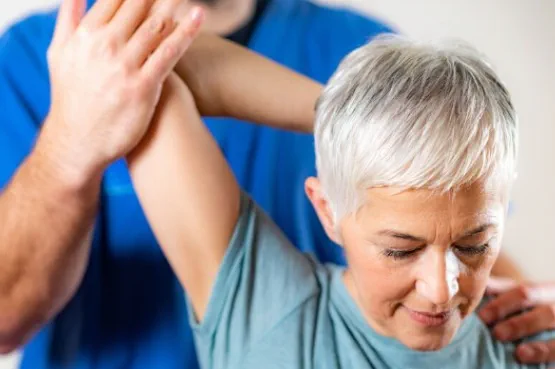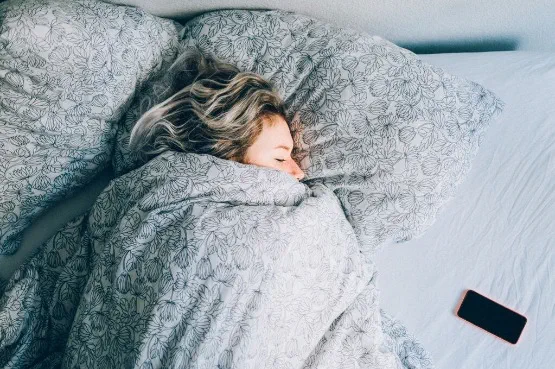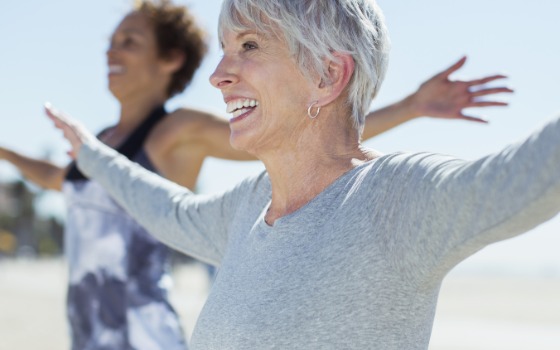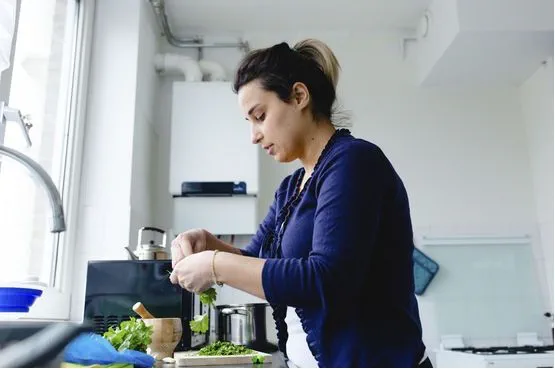Healthy Me
Advice, information and guidance from our experts to help you live a healthy lifestyle.
Latest articles
Exercise and fitness
Mental health and wellbeing
Diet and nutrition
General health advice
A to Z of health
Read and hear from experts about ways to get on top of your health. Get clear information and expert guidance on conditions, treatments and procedures.
Calculators

BMI calculator
BMI, or body mass index, is one way of measuring whether you’re a healthy weight for your height.

Calories calculator
Use our simple calories calculator to work out the amount of calories burned while doing an activity.
Legal disclaimer
This information was published by Bupa's Health Content Team and is based on reputable sources of medical evidence. It has been reviewed by appropriate medical or clinical professionals and deemed accurate on the date of review. Photos are only for illustrative purposes and do not reflect every presentation of a condition.
Any information about a treatment or procedure is generic, and does not necessarily describe that treatment or procedure as delivered by Bupa or its associated providers.
The information contained on this page and in any third party websites referred to on this page is not intended nor implied to be a substitute for professional medical advice nor is it intended to be for medical diagnosis or treatment. Third party websites are not owned or controlled by Bupa and any individual may be able to access and post messages on them. Bupa is not responsible for the content or availability of these third party websites. We do not accept advertising on this page.
















